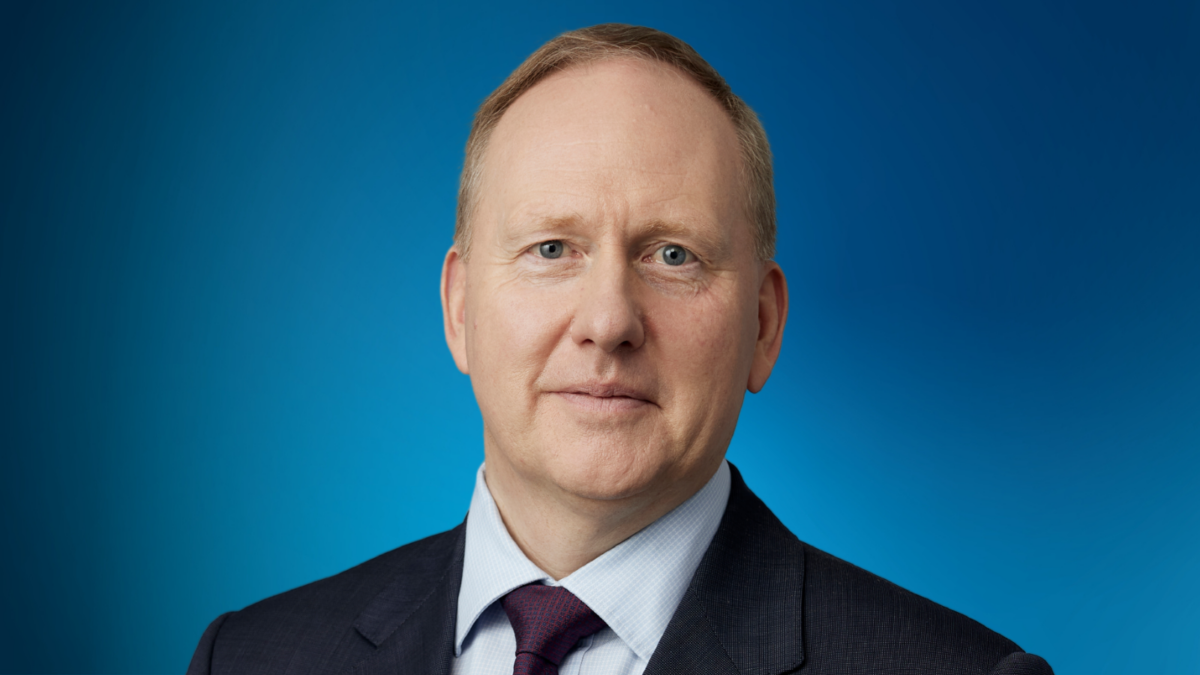Why CFS is watching the election cycle (and stress in private markets)
It might be a new year, but there’s still a number of imbalances in the market that are yet to be resolved, according to Colonial First State CIO Jonathan Armitage. Inflation’s one of them, but perhaps more pressing is the degree to which the index returns of several markets are still being driven by just a small handful of securities.
“The issues around the Magnificent Seven are well-documented, but (the US) is not the only market. If you look at the French index, it’s been driven by two or three luxury goods companies,” Armitage tells ISN. “You’ve got a big dispersion between the way those stocks are valued and the way everything else is valued.
“Whenever you see a group of companies drive an index to such a degree it proves to be unsustainable. Whether or not that 2024 is the year that imbalance gets corrected is difficult to tell, but markets cannot be sustained by a very small group of securities ad infinitum.”
And while AI hype might be responsible for driving some of those companies higher, investors are going to want to see “tangible evidence” that AI is producing real financial returns. Armitage thinks it won’t be particularly surprising if those returns are slower to come through than people expect.
“There’s always going to be a timing difference between it going from a PowerPoint presentation to financial reports. And I think that’s the thing we may well find in 2024 – the disconnect between the way share prices are discounting an awful lot of good news and that turning up in cashflow and profits.”
But investors don’t just have market concentration and the AI bubble to deal with. In 2024, about half of the world’s population will go to the polls; that accounts for roughly 80 per cent of the world’s market cap, which is mostly driven by the US. But there’s nine countries in Europe voting, a Taiwanese election on January 13th, and something that looks like an election in Russia. Elections don’t tend to have material consequences for markets – but who gets elected does. Especially when their policies are incoherent, or incompatible withs table prices.
“You have seen the rise of more populist politicians and leaders and they are being elected,” Armitage says. “That has the opportunity to impact markets because the policies those politicians are likely to push through could be quite inflationary; they’re designed to please people, and that means spending money, but it’s unclear how the bill is going to be paid.”
“We’ve seen a number of examples where capital markets have taken a fairly dire view about very populist policies or policies that don’t stack up economically. And markets have been very swift to deliver a verdict on that, and as we move through 2024, just with the sheer number of elections and the cost of living pressures that are still being felt by a lot of people, that’s something that has the potential to have a great impact.”
Armitage also thinks the prevailing dynamic in private equity and infrastructure – i.e. getting into them at any cost – is shifting in favour of organisations that don’t have large allocations to the asset classes, and CFS has been “shown a lot of things”.
“We’ve been shown a lot of things,” Armitage says. “But it’s always very difficult to know how much stress a particular vendor is under. We’ve been shown a number of assets where we think the asking price is just too high relative to the quality of the asset or its future cashflows, and so we’re being very judicious in the way we commit member money to them.
“We think it’s a good time to have liquidity, and think going into 2024 with a good amount of liquidity is going to serve us and our members well. But I still think there’s a disconnect between the price vendors want and the price at which patient, valuation-focused capital is prepared to transact.”











